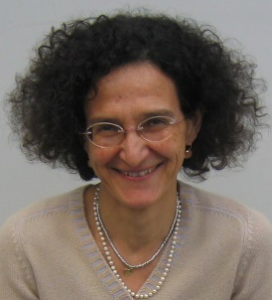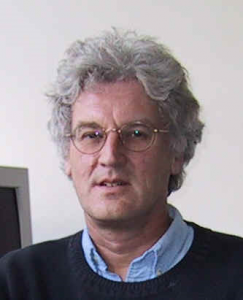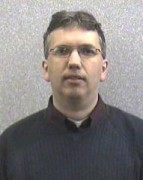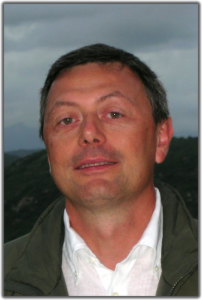SERENE 2010 Spring School
April 13-14, 2010
Birkbeck College (London, UK)
Allied to the Workshop, we will hold a 2-day spring school for students and early-career researchers on engineering aspects of resilience and self-* systems.
Purpose
The first SERENE School on engineering aspects of resilience and self-* systems wants to bring together world-wide renowned researchers, students, and early career researchers to discuss the main advances in methods and tools that ensure resilience to faults, errors and malicious attacks even when systems can self-adapt in unpredictable ways.
Program
The SERENE 2010 Spring School is organized into 4 talks. This edition of the School will focus the following topics: architectures, run-time models, dependability, self-healing, self-managed systems, trust and security, tools.
The 2010 edition of the Spring School has the pleasure to host the following world-wide renowned researchers. A tentative title and abstract of their speeches follow.
Speaker: Paola Inverardi, University of L’Aquila, Italy

Title: Assessing dependability for mobile and ubiquitous systems: Is there a role for Software Architectures?
Abstract: A traditional research direction in SA and dependability is to deduce system dependability properties from the Knowledge of the system Software Architecture. This well reflect the fact that traditional systems are built by using the closed world assumption. In mobile and ubiquitous systems this line of reasoning becomes too restrictive to apply due to the inherent dinamicity and heterogeneity of the systems under consideration. Indeed these systems need to relax the closed world assumption and to consider an open world where the system/component context is not fixed. In other words the assumption that the system SA is known and fixed at an early stage of the system development does not apply anymore. On the contrary the ubiquitous scenario promotes the view that systems can be dynamically composed out of available components whose dependability can at most be assessed in terms of components assumptions on the system context. In this setting the SA can only be dynamically induced by taking into consideration the respective assumptions of the system components. The talk will illustrate this challenge and will discuss a set of possible future research directions.
Speaker: Jeff Magee, Imperial College London, UK

Title: Engineering Self-Managed Software Systems
Abstract: A self-managed system is one in which components automatically configure their interaction, in a way that is compatible with an overall architectural specification, to achieve the goals of the system. The objective is to minimise the degree of explicit management necessary for construction and subsequent operation and evolution whilst preserving the architectural properties implied by its specification. The talk discusses some of the current promising work and presents an outline three-layer reference model as a context in which to articulate some of the main outstanding research challenges. In addition, the talk will describe and demonstrate elements of a prototype system being developed at Imperial College that conforms to this model.
Speaker: Aad van Moorsel, University of Newcastle, UK

Title: Tools to Make Objective Information Security Decisions
Abstract: In this lecture we discuss the quantitative assessment of security and trust in information systems. If successful, quantitative assessment allows one to make objective investment decisions in information security. We review the established research in the area of security and trust assessment and discuss the open research challenges. In depth we will discuss model-based approaches that are based on the trust economics methodology, which establishes probabilistic models that include human and economic factors. The trust economics methodology provides basic tools for objective decision-making, and opens up a range of interesting applications and use cases and decision-making tools.
Speaker: Mauro Pezzè, University of Lugano, Switzerland, and University of Milano Bicocca, Italy

Title: Software Self-Healing
Abstract: Classic verification and validation approaches that work ad design time cannot cope well with characteristics of dynamic composition and evolution of modern software systems.
This presentation discusses the new problems of verification and validation of modern software systems, identifies the limitations of classic approaches and introduces self-healing as an efficient way to solve the open problems. We will see the state of art and the open research problems in self-healing systems through the investigation of some recent approaches, and we will try to understand weak and strength aspects of classic testing and analysis approaches.
Registration
Registration is open to any student and researcher. To register please visit the Registration page.
Contact Information
For more information, please use the contact details below, referring explicitly to the SERENE 2010 Spring School:
Henry Muccini
University of L’Aquila, Italy
Spring School Director
henry.muccini@di.univaq.it